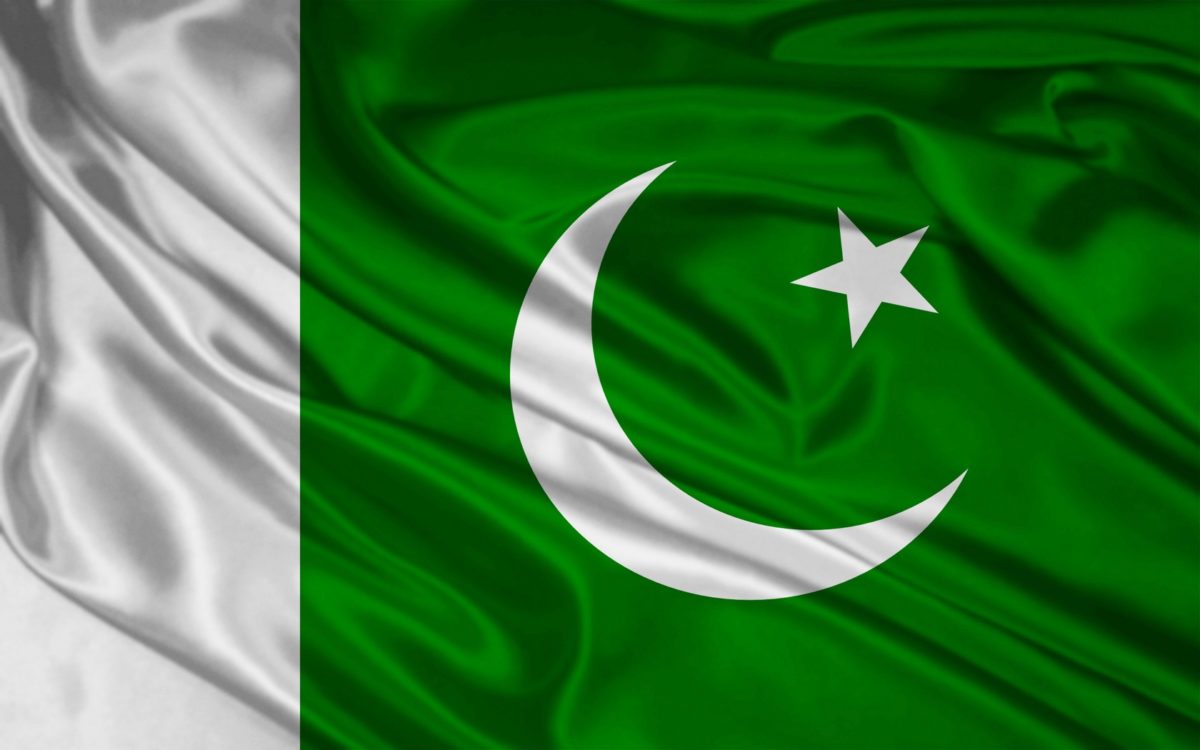The government of Pakistan´s Punjab province and Chief Minister Shahbaz have unanimously approved privatization of Quaid-e-Azam Solar Power Ltd. The 100 MW power plant owned by the government has brought revenue of more than $19,000 so far, local authorities announced on Sunday. Shabaz said that with the privatization more profit can be earned from this project besides expenditures.
According to the chief minister, investors have expressed interest in the acquisition of the 500 acre Quaid-e-Azam Solar Park. He also claimed that the privatization of this project will be transparent for the public. In October 2015, Pakistani newspapers wrote about the illegal selling of disposing of ‘keekar’ trees worth ten thousands of dollars from the solar park´s vast area by contractors hired by a foreign company.
The 100 MW solar park represents the first phase of a 1 GW PV project to power up to 100,000 homes in the Punjab region. A year later, the second 300 MW phase was already connected to the grid. So far, however, plans for the remaining 600 MW of the third phase, meant to be developed in 2016, have not yet left the drawing board.
This content is protected by copyright and may not be reused. If you want to cooperate with us and would like to reuse some of our content, please contact: editors@pv-magazine.com.



By submitting this form you agree to pv magazine using your data for the purposes of publishing your comment.
Your personal data will only be disclosed or otherwise transmitted to third parties for the purposes of spam filtering or if this is necessary for technical maintenance of the website. Any other transfer to third parties will not take place unless this is justified on the basis of applicable data protection regulations or if pv magazine is legally obliged to do so.
You may revoke this consent at any time with effect for the future, in which case your personal data will be deleted immediately. Otherwise, your data will be deleted if pv magazine has processed your request or the purpose of data storage is fulfilled.
Further information on data privacy can be found in our Data Protection Policy.